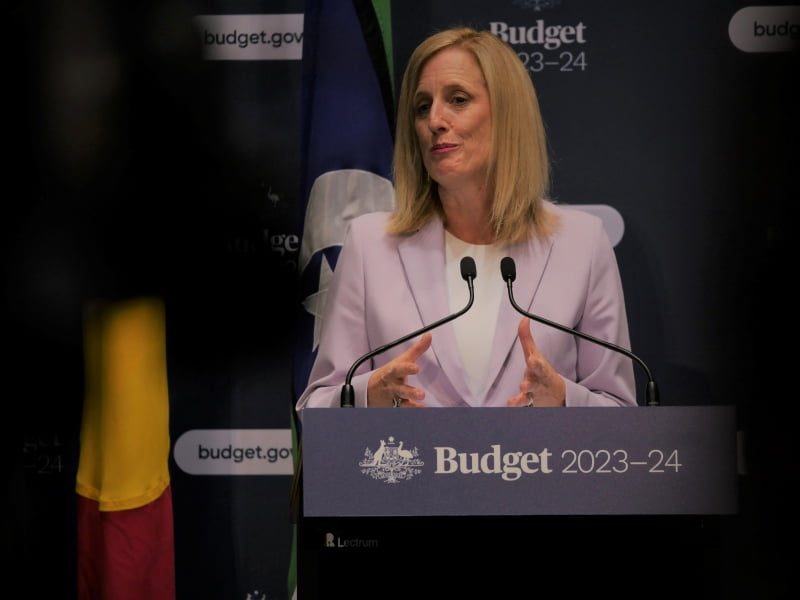Less than 10 private digital ID providers, including banks and payments service providers, are initially expected to be accepted into the expanded version of the federal government’s digital identity scheme.
Finance minister Katy Gallagher made the comments on Tuesday, ruling out the prospect of “hundreds of regulated digital ID providers” joining the soon-to-be-legislated the Australian Government Digital ID System (AGDIS).
The Digital ID Bill, which will regulate and expand the system beyond the federal government, passed the Senate last week and will now return to the lower house for sign off before passing into law.

Under the amended bill, state and territory governments will be the first to participate in the AGDIS after the initial startup phase, followed by private sector providers like banks and telcos in a fourth and final phase.
While originally containing no timeframe for the phased rollout, amendments put forward by the government – and backed by the Greens, the Jacqui Lambie Party and a handful of independent senators – guaranteed private sector participation within two years.
Despite the changes, the government is not expecting “hundreds of regulated digital ID providers” to become accredited once the scheme was fully operational, Senator Gallagher said.
“We expect there’ll be probably five to 10, maybe more over time, who participate in the regulated system,” she told ABC News Breakfast on Tuesday morning, adding that regulated digital ID providers “already… exist in the private sector”.
In addition to myGovID, which is operated by the Tax Office, five companies have been accredited as identity service providers under the framework that currently underpins the scheme and will form the basis for the AGDIS Accreditation Scheme, the Trusted Digital Identity Framework.
Four of the five providers – Australia Post, IDVerse (previously OCR Labs), Mastercard and Melbourne-based background screening company Makesure – have been accredited as identity service providers.
Identity service providers, which are distinct from attribute service provide and identity exchange operators, help set up and manage a person’s digital ID, including verifying their identity credentials using matching services like the Document Verification System.
Mastercard and eftpos are exchange operators, acting as a “switchboard between relying parties, identity providers and attribute service providers”, according to the Department of Finance. No attribute service provider have been accredited in the private sector.
“We think that [they are] the ones that want to participate – and there will still be those that offer some sort of digital identity outside the system as well,” Senator Gallagher said on Tuesday morning.
It is unclear whether the companies will need to apply for re-accreditation, but the Finance department has previously said that the phased approach will allow time for them to “evolve and demonstrate implementation of the Accreditation Scheme’s stringent requirements”.
On Tuesday, Senator Gallagher said that more than 10.5 million people were already using government’s credential, myGovID, which currently provides access to a range of government services, including those offered through myGov.
“This is about enshrining it in legislation and hopefully, providing people with a really convenient way of proving who they are without sharing all their information many, many times over,” Senator Gallagher said.
myGovID is set to be renamed as myID or AusID by the Australian Taxation Office, removing any confusion between it and the myGov portal that millions of Australians rely on to access government services.
The confusion was identified in last year’s myGov user audit, which received feedback from the community that the “similarities in branding between myGov and myGovID” had created “confusion between the two apps”.
The report recommended the government either bring the front end of the myGovID and myGov together into one mobile app, noting this would be a “costly exercise”, or “rebrand [myGovID] to make it clearer to users that it is a different service”.
Do you know more? Contact James Riley via Email.

